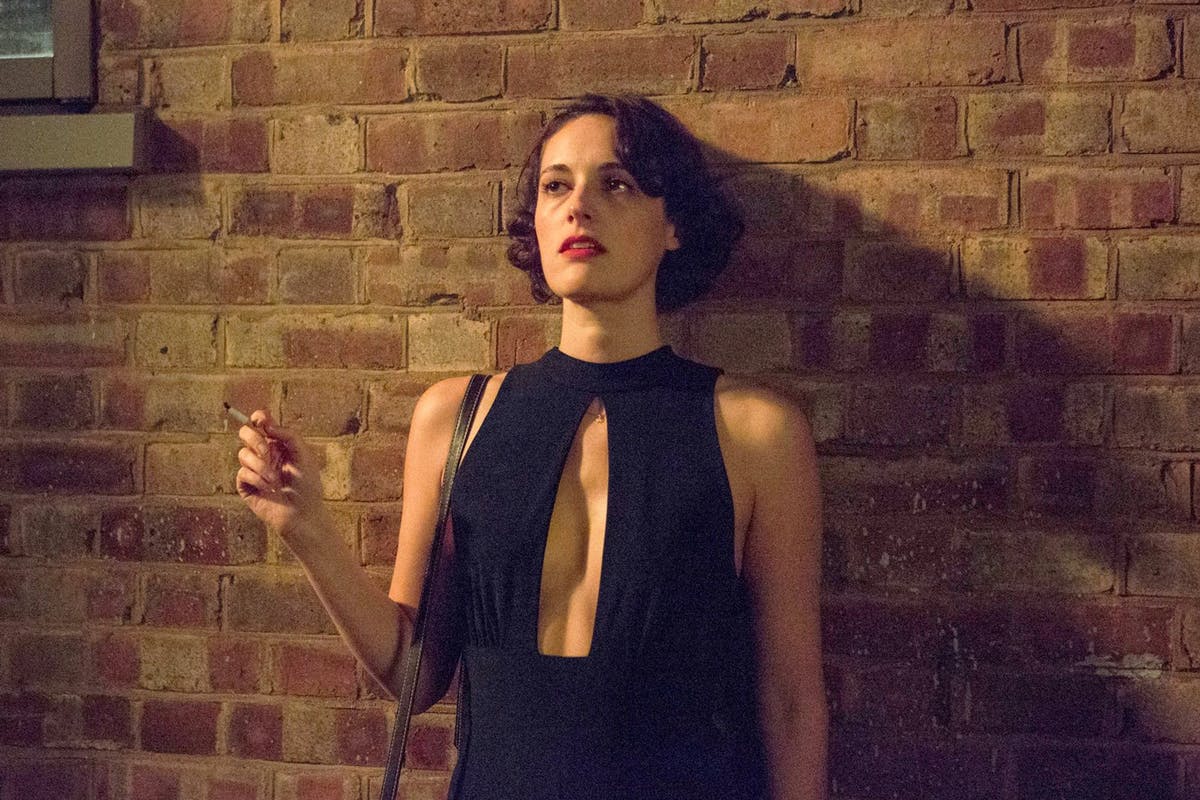Review: Funnier and Filthier, Fleabag Goes Back Onstage and It’s Delightfully Raw

Ferociously funny, fierce and filthy, Fleabag has gone back to its roots, right there where it all started in 2013: the theater stage. Earlier this year, creator Phoebe Waller-Bridge announced she was going to perform her award-winning one-woman show for the very last time.
A limited run in London’s West End after her New York run in March, needless to say, it sold out immediately. Fleabag generated a collective frenzy, and rightfully so.
People who had seen the play at Edinburgh Fringe Festival six years ago, people who had only seen the TV show, and some people who had never seen the show, even … it didn’t really matter. They were all online queuing, extending their lunch breaks, postponing meetings, and wishing nobody looked at their computer screens (this might or might not be an autobiographical story).
On until 14 September, the play focuses on themes and characters viewers got familiar with in the first critically acclaimed season of the TV series. It’s told by the guinea pig-themed cafe owner herself, coming to take her spotlight on a tiny chair on an otherwise naked stage. Here, she sits and waits to speak, a protagonist whose name we’ll never know. And what difference would that make, anyway?
Fleabag is like a pet name for her loyal audience—an affectionate nickname that increases the sense of intimacy, as if her stories were told exclusively to our own benefit.
The play is as pure as a work of art gets.
If you loved those fourth-wall breaches peppering the TV series, you’ll love this. It’s a smashing hour-long destruction of any barriers between the flawed, relatable character and her audience. Cracking jokes as if this were a stand-up routine, Fleabag gives away more than she intends to about herself. The audience soon learns about her messy grieving process, her obsession with sex, and her dysfunctional relationships with uptight sister Claire and absent-minded father (and nosy godmother-turned-stepmother).
It’s worth noting that the play also includes the raciest jokes that didn’t make the TV cut—a poo story and a “lovely” period threesome, to name but a few—and that Obama-wanking story her television audience knows too well.
Foul-mouthed, fat-shaming, bad-feminist Fleabag is an offensive delight.
She works her way up to the emotional end hoping to gross her audience out, and yet wanting nothing but the thrill of being wanted—by her ex-boyfriend, by strangers and prospective sexual partners, even by her viewers/voyeurs.
However, when the main, tragic twist plays out, Fleabag is so used to seeing people leave and to pushing them away herself, she seems almost surprised her audience is still there. Her false sense of self-confidence, pushed to great extents, crumbles in the final moments, revealing the most relatable of lonelinesses—one that only human contact, love, adoration, and most effectively, sexual encounters could scare off.
In this intense crescendo, Fleabag finally proves she is many things, but she’s not fearless—and that might not be a bad thing, entirely. In an ultimately extremely messed up way, being scared means caring.
An excellent work ascended to the Olympus of theater debuts, this play, unlike its multi-flawed protagonist, has just one tiny-teeny fault: not featuring the Hot Priest—not even a mention, a wink. If you can put up with such an absence, though, you’ll enjoy the rawest, most raucous and glorious Fleabag there is.
(image: Amazon Prime Video)
Stefania Sarrubba is an Arts and Culture journalist based in London. When she is not adding movies she will probably never see to her infinite watchlist, she likes spotting urban foxes, making plans and engaging in passionate conversations about women’s rights. Read her annoying tweets on @freckledvixen.
Want more stories like this? Become a subscriber and support the site!
—The Mary Sue has a strict comment policy that forbids, but is not limited to, personal insults toward anyone, hate speech, and trolling.—
Have a tip we should know? tips@themarysue.com